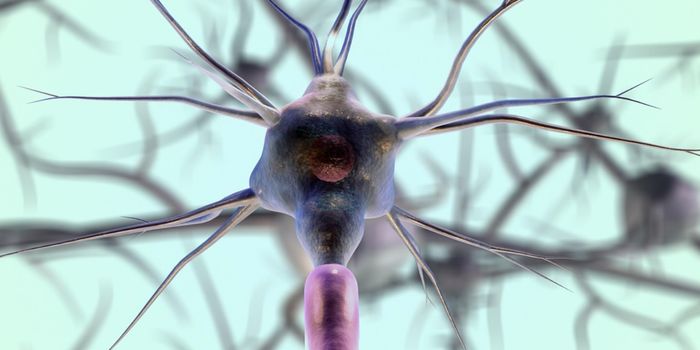Smartphone-controlled brains?
A team of scientists in Korea and the United States has developed a tiny, flexible, wireless device that can control neurons and neural circuits in the mouse brain - and employs smartphones as its remote control.
According to an article published in the journal Nature Biomedical Engineering, researchers believe this device can speed up efforts to understand brain diseases such as Parkinson's, Alzheimer's, drug addiction, depression, and pain.
The invention couples an ultrathin probe with LEDs, microfluidic channels, and Lego-like replaceable drug cartridges that can be easily swapped out. The goal is to target specific neurons of interest using drugs and light for prolonged time periods.
"The wireless device enables chronic chemical and optical neuromodulation that has never been achieved before," said lead author Raza Qazi, a researcher with the Korea Advanced Institute of Science and Technology (KAIST) and University of Colorado Boulder.
Qazi said the technology represents a giant leap forward from conventional methods used by neuroscientists, which usually involve rigid metal tubes and optical fibers to deliver drugs and light into the brain. These devices limit the subject's movement with bulky equipment and often damage brain tissue over time, making the implants not suitable for long-term use. Even better - the device is controlled by a simple, elegant user interface on a smartphone, making it possible to set up fully automated studies without the need for researchers to be inside the lab.
For now, authors have only used the device in mice. But researchers aim to develop the technology for humans, overcoming the existing limitations of conventional drug delivery and optogenetics. One day, the device could be modified to extract liquids or samples from the brain, which would make it a powerful tool, according to a commentary in Nature Biomedical Engineering. Creating devices that marry neural stimulation with diagnostics could someday enable the "fabrication and operation of permanent 'cyborg-like' brain-enhancement devices for maintaining healthy neuron function or even boosting neural aptitude," authors wrote.
Source: EurekAlert!, ScienceDaily, The Scientist









